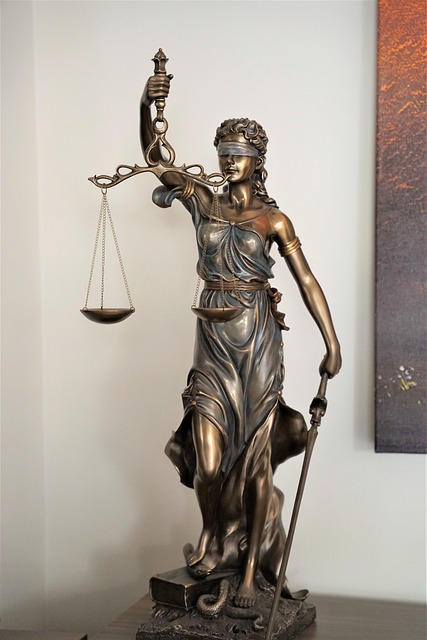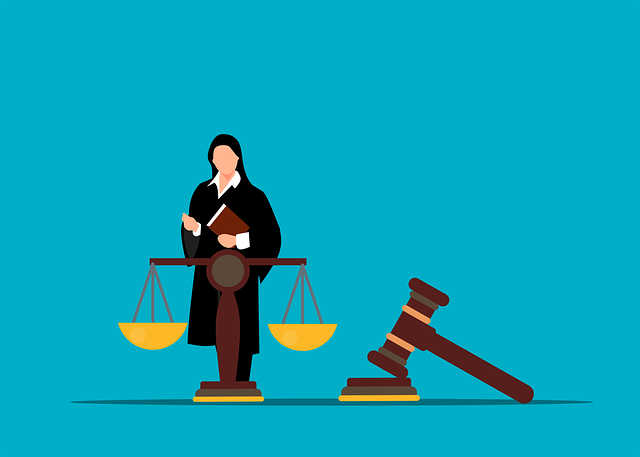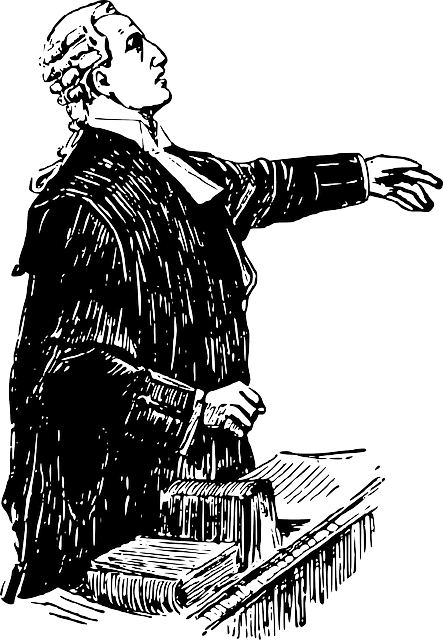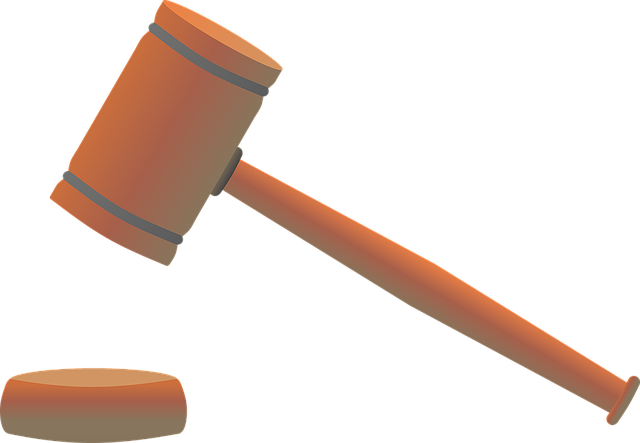
Category: Arvada Colorado Personal Injury Negotiations
Arvada Colorado Personal Injury Negotiations: A Comprehensive Analysis
Introduction
In the intricate world of legal practices, personal injury negotiations stand as a critical aspect of dispute resolution, particularly in regions like Arvada, Colorado. This article delves into the intricacies of Arvada Colorado Personal Injury Negotiations, exploring its definition, global impact, economic implications, technological influences, regulatory framework, challenges, and future prospects. By understanding these multifaceted dimensions, readers will gain valuable insights into a process that plays a pivotal role in compensating victims and fostering communal justice.
Understanding Arvada Colorado Personal Injury Negotiations: A Definition and Core Components
Arvada Colorado Personal Injury Negotiations refer to the dialogue and agreement process between individuals or entities who have been involved in personal injury incidents, aiming to resolve compensation claims without formal litigation. This alternative dispute resolution (ADR) method is characterized by its flexibility, cost-effectiveness, and ability to offer quicker resolutions compared to traditional court proceedings.
Core Components:
-
Negotiation: The heart of this process involves direct communication between the claimant (the injured party) and the defendant (the party allegedly responsible for the injury). Negotiations are facilitated by trained mediators who ensure a safe and structured environment.
-
Mediation: Mediators act as neutral third parties, guiding the negotiation process. They assist in defining issues, identifying options, and helping both sides reach an agreement mutually acceptable to all involved.
-
Compensation: The primary goal is to determine a fair monetary settlement to compensate for medical expenses, pain and suffering, lost wages, and other damages incurred due to the injury.
Historical Context and Significance
The concept of personal injury negotiations has evolved over time, influenced by changing legal paradigms and societal values. In the past, litigation was often the primary avenue for dispute resolution. However, the rise of ADR in the late 20th century shifted this paradigm, emphasizing cost efficiency, speed, and mutual agreement.
In Arvada, Colorado, personal injury negotiations have gained prominence due to several factors:
-
Growing Legal Awareness: The community’s increasing awareness of legal rights has empowered individuals to seek alternative resolution methods.
-
Court Overburdening: Traditional court systems often face backlogs, leading to prolonged waiting times for resolutions. ADR provides a faster track to justice.
-
Cost Savings: Negotiations can significantly reduce legal fees associated with litigation, making it more accessible to individuals and small businesses.
Global Impact and Trends
Arvada Colorado Personal Injury Negotiations are not confined to regional boundaries; they have global implications and contribute to a broader international trend towards alternative dispute resolution.
International Influence:
-
North America Leadership: The United States, including Colorado, is recognized globally for its robust ADR infrastructure, with personal injury negotiations being a well-established practice.
-
Global Adoption: Many countries worldwide are adopting ADR models, inspired by the success and efficiency of American systems. This trend is evident in regions like Europe, Asia, and Latin America.
Trends Shaping the Trajectory:
-
Digital Transformation: The integration of technology has revolutionized personal injury negotiations. Online platforms facilitate remote negotiations, making processes more accessible and efficient.
-
Specialized ADR Programs: Many countries are developing specialized programs for specific types of personal injury cases, ensuring tailored resolutions.
-
Increased Public Awareness: Global campaigns promoting the benefits of ADR have raised awareness, encouraging individuals to consider negotiation as a viable option.
Economic Considerations
The economic landscape plays a significant role in shaping Arvada Colorado Personal Injury Negotiations, influencing both the demand for and supply of these services.
Market Dynamics:
-
Claimant Preferences: Individuals increasingly opt for negotiations due to their cost-effectiveness and quicker resolutions compared to lengthy court battles.
-
Defendant Strategies: Businesses and individuals may use negotiations as a strategic tool to manage liability costs, especially in cases with potential high settlements.
Investment Patterns:
-
Legal Industry Investment: The legal sector invests in ADR infrastructure, technology, and training, recognizing its long-term economic benefits.
-
Community Impact: Economic savings from efficient negotiation processes can positively impact local communities by reducing the strain on public resources.
Technological Advancements
Technology has emerged as a powerful enabler of Arvada Colorado Personal Injury Negotiations, enhancing efficiency and accessibility.
Key Advancements:
-
Online Mediation Platforms: Digital platforms allow parties to participate in negotiations remotely, breaking down geographical barriers. These tools offer real-time communication, document sharing, and case management features.
-
Legal Tech Integration: Artificial Intelligence (AI) and Natural Language Processing (NLP) are used to analyze documents, predict outcomes, and provide insights during negotiations. Such technologies assist mediators and parties in making informed decisions.
-
E-Discovery Tools: Advanced e-discovery software streamlines the process of reviewing and producing digital evidence, which is increasingly relevant in personal injury cases with significant electronic data.
Regulatory Framework: Laws and Guidelines
Arvada’s regulatory framework provides a structured environment for personal injury negotiations, ensuring fairness and integrity.
Key Regulations:
-
State Laws on Alternative Dispute Resolution: Colorado has specific laws encouraging ADR and establishing mediation as a viable dispute resolution method. These laws mandate that courts promote and refer parties to mediation.
-
Ethical Guidelines: Professional organizations set ethical standards for mediators, ensuring their impartiality, confidentiality, and competence.
-
Compensation Limits: State laws may impose caps on compensation amounts in certain types of personal injury cases, guiding negotiation outcomes.
Challenges in Arvada Colorado Personal Injury Negotiations
Despite its numerous advantages, the process faces several challenges that require continuous attention and adaptation.
Common Hurdles:
-
Language Barriers: In a diverse community like Arvada, language differences can hinder effective communication during negotiations. Interpreters may be required to ensure inclusivity.
-
Complex Case Dynamics: Certain personal injury cases involve intricate medical or legal complexities, making negotiations more challenging. Specialized knowledge and expertise are often needed.
-
Public Perception: Misconceptions about negotiation as a sign of weakness or lack of strength in a case can deter individuals from exploring this option. Public education is crucial to dispel these myths.
Future Prospects: Trends and Innovations
As Arvada Colorado Personal Injury Negotiations continue to evolve, several trends and innovations hold the key to shaping its future.
Emerging Trends:
-
Virtual Reality (VR) Mediation: VR technology may be employed to create immersive mediation environments, allowing parties to visualize potential outcomes and engage in a more interactive process.
-
AI-Powered Negotiation Tools: Advanced AI algorithms could assist mediators by providing real-time analysis of negotiation dynamics, helping to identify impasse points and potential solutions.
-
Specialized Negotiation Tracks: The development of specialized tracks for specific types of personal injury cases (e.g., auto accidents, medical malpractice) could further streamline the process and improve outcomes.
Conclusion
Arvada Colorado Personal Injury Negotiations represent a dynamic and evolving aspect of legal practice, influenced by global trends, technological advancements, and economic considerations. By understanding its definition, history, and future prospects, we can appreciate the critical role it plays in Arvada’s justice system. As technology continues to reshape legal processes, personal injury negotiations are poised to become more efficient, accessible, and effective in serving the best interests of all stakeholders involved.









